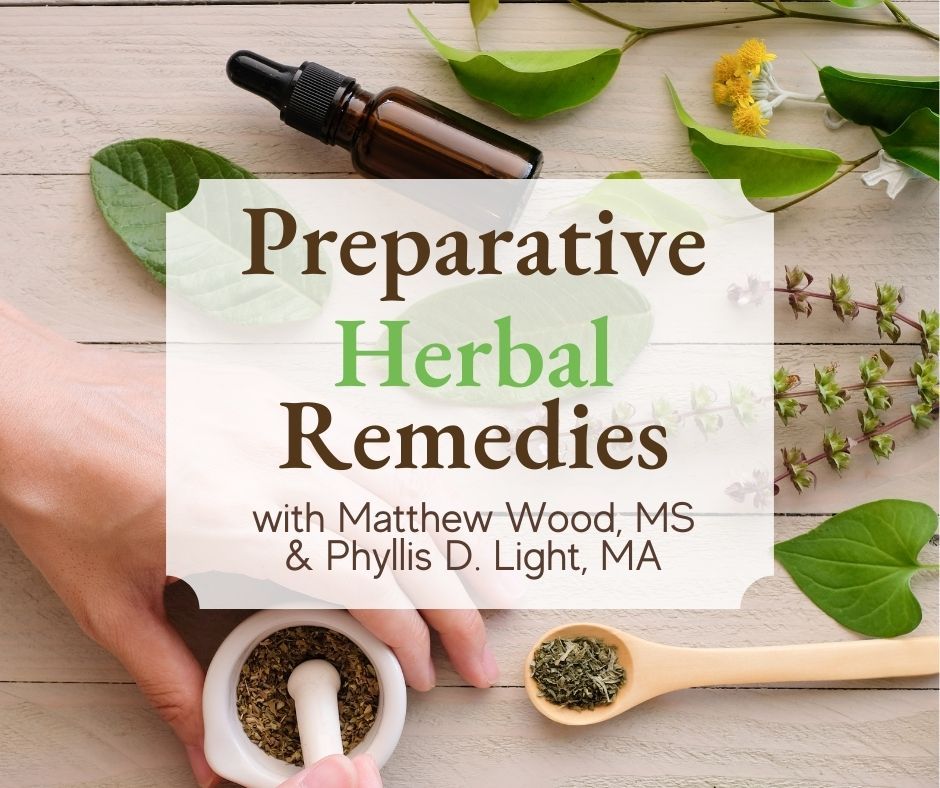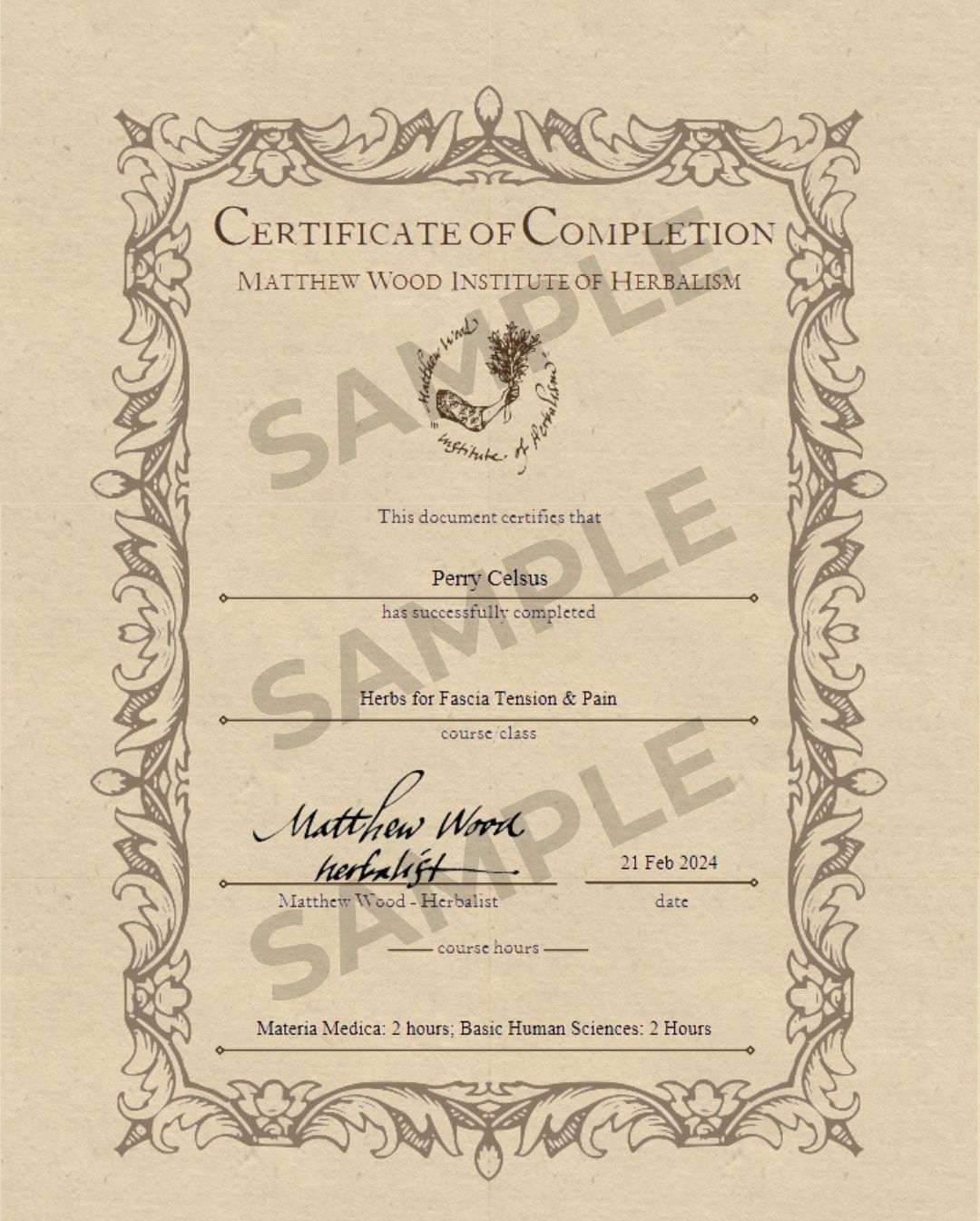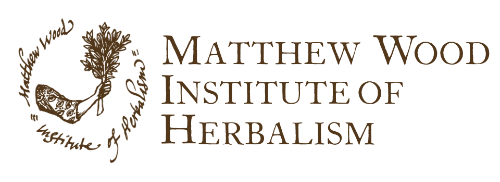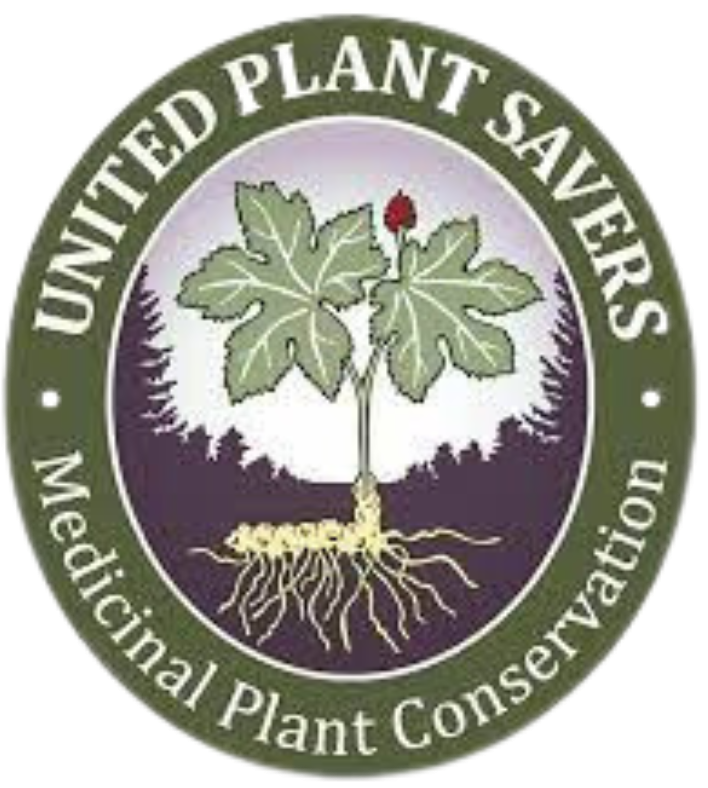
Preparative Herbal Remedies
Proactive - Resilience - Comprehensive
Why get sick?
This class delves into the field of Preventative Remedies emphasizing the importance of fortifying our health to face the challenges of acute diseases, particularly in light of concerns about natural or man-made epidemics. The course explores modern and traditional approaches to preparing for seasonal illnesses with a focus on vitamin supplements, plant extracts, herbs, and traditional remedies to bolster resistance.
What You'll Learn:
- Principles of Preparative Medicine: Understand the foundational principles of natural illness prevention.
- Vitamin Supplements and Herbs for Resistance: Explore the use of vitamin supplements and herbs to enhance your resistance to diseases, whether as a general protective measure or at the onset of stress.
- Traditional Techniques: Delve into traditional methods including the use of herbs such as Astragalus from Traditional Chinese Medicine to strengthen the periphery of your skin.
- Wisdom of Herbs for Protecting the Skin and Periphery: Learn about traditional strengthening teas used by North American Native people, including Sumach, Witch Hazel, Sweet Fern, and Ledum/Labrador Tea.
- Southern Blood Medicine and Seasonal Implications: Understand the connection between Southern blood medicine and seasonal changes, with a focus on identifying symptoms related to skin conditions and blood characteristics.
- Additionally, Matthew and Phyllis provide insights on herbal remedies to protect against seasonal health challenges.
Includes:
Support Materials
35 page document from Matthew Wood
Support Materials
5 page document from Phyllis D. Light
Video
2 hours of teaching
Certificate
Certificate included
(see more below)
This is for you if you...
Upon completion, you will...
Teachers
Matthew Wood, MS
Matthew Wood has been a practicing herbalist for over forty years. He is an internationally known teacher and author with more than ten books to his credit. Matthew has an MSc in herbal medicine from the Scottish School of Herbal Medicine (accredited, U. of Wales). He lives in the Midwest.
Phyllis D. Light, MA
As a 4th generation herbalist, Phyllis started with lessons from her grandmother who taught from her Creek/Cherokee heritage. Phyllis has studied and worked with herbs, foods, and other healing techniques for 30+ years. She is the author of Southern Folk Medicine and co-author of Traditional Western Herbalism Pulse Evaluation.
Certificate Included

-
How to Get a Certificate
- Complete course materials
- Pass the test with a grade of 70% or better
- Save or print your certificate!
Available with subscription and individual course purchases.
-
Accreditation hours
This course is a total of 3 accredited hours- 3 hours Practice Management and Ethics
*Please check with your accrediting agency whether they will accept accredited hours or certificates from the Matthew Wood Institute of Herbalism
Write your awesome label here.
Preparative Herbal Remedies
Prepare so you can prevent!
Looking For A DEEPER JOURNEY INTO HERBALISM?

